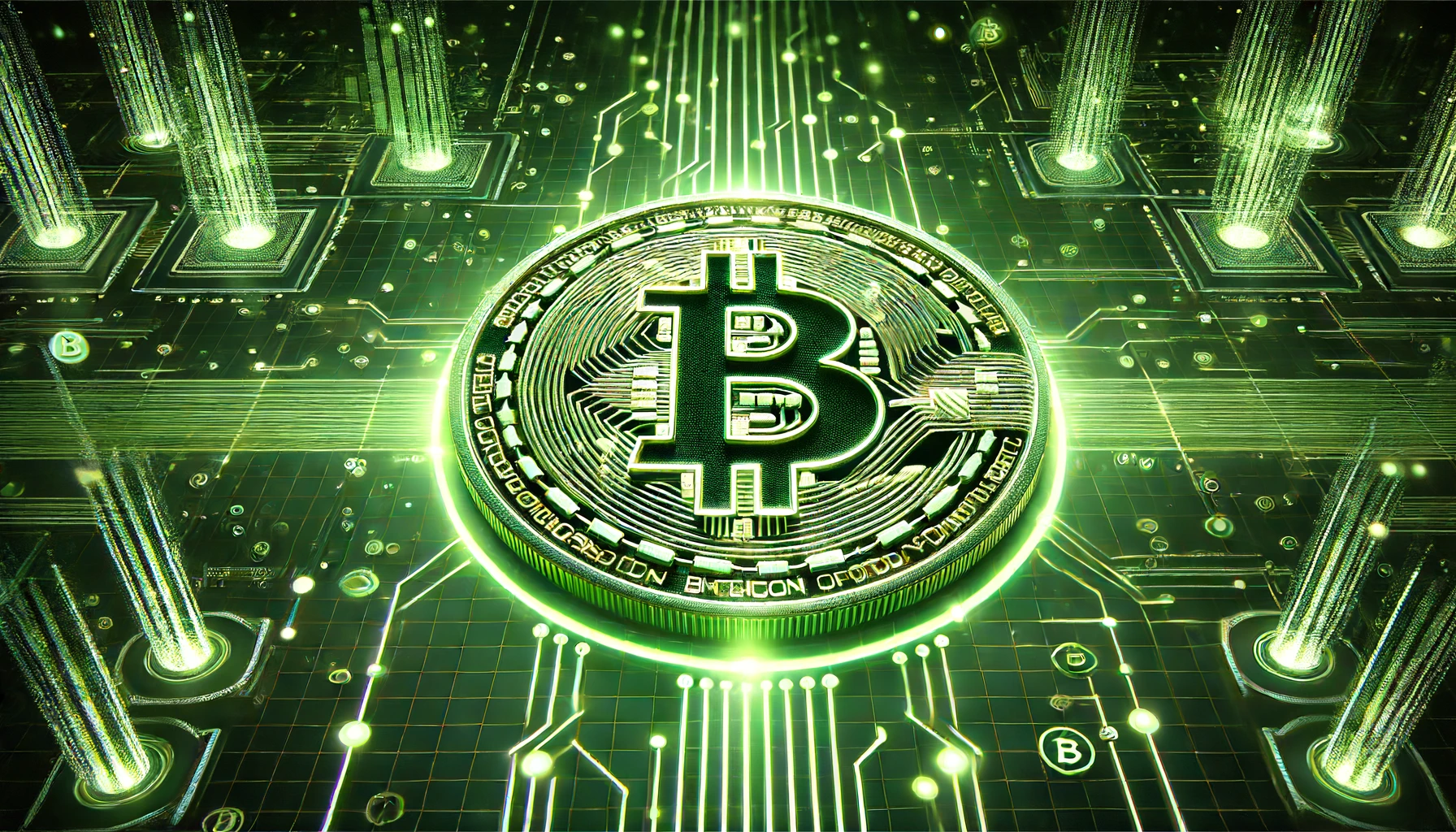The Paraguayan Senate has passed a law imposing severe penalties, including up to 10 years in jail, on crypto miners for electricity theft. The legislation has sparked controversy and concerns about corruption and the impact on the crypto mining community.
Points
- New law imposes up to 10 years of jail time on crypto miners for electricity theft.
- The legislation faces opposition, with allegations of corruption among ANDE officials.
- Legal mining operators consider relocating due to increased power fees.
- The new penalties aim to deter illegal operations and ensure fair use of Paraguay’s electrical infrastructure.
- Tensions rise between the government and the crypto mining community.
Senate’s Approval Amid Controversy
The Paraguayan Senate has approved a new law that imposes up to 10 years of jail time on cryptocurrency miners caught stealing electricity. Despite the Senate’s approval, the legislation has faced significant opposition from some members. Senator Yolanda Paredes criticized the reforms, suggesting they could cover up corrupt activities by ANDE officials, Paraguay’s national electricity administration. She expressed concerns about an underground business involving fines and seized equipment from these operations. Her remarks followed allegations by Senator Salyn Buzarquis that ANDE officials had accepted bribes to allow illegal Bitcoin mining farms to operate, reportedly collecting up to $500,000 to keep these farms running.
Impact on Legal Mining Operations
Amid these legal and regulatory challenges, ANDE has also raised power fees for cryptocurrency mining by up to 14%. This increase has prompted some legal mining operators to consider relocating to neighboring countries like Argentina, further escalating tensions between the government and the crypto mining community in Paraguay. The decision to increase power fees and impose severe penalties highlights the government’s efforts to regulate the cryptocurrency mining sector and ensure fair use of the country’s electrical infrastructure.
Ensuring Fair Use of Electrical Infrastructure
As Paraguay intensifies its efforts to regulate the cryptocurrency mining sector, the new penalties are expected to serve as a deterrent to illegal operations and ensure fair use of the country’s electrical resources. The move is part of a broader initiative to address the challenges and risks associated with the rapid growth of cryptocurrency mining in the region. By imposing stricter regulations and penalties, the government aims to balance the interests of various stakeholders and protect the country’s electrical infrastructure from exploitation.
解説
- Regulatory Crackdown: The Paraguayan Senate’s decision to impose severe penalties on crypto miners for electricity theft reflects a stringent regulatory approach to curb illegal activities in the sector.
- Corruption Allegations: Allegations of corruption among ANDE officials add a layer of complexity to the issue, highlighting the need for transparency and accountability in regulatory enforcement.
- Economic Impact: Increased power fees and strict regulations may drive legal mining operators to relocate, potentially impacting Paraguay’s economy and the local crypto mining industry.
- Deterrence Measures: The new law aims to deter illegal mining operations, ensuring fair use of electrical infrastructure and promoting sustainable energy consumption practices.
- Community Tensions: Rising tensions between the government and the crypto mining community underscore the challenges of balancing regulatory enforcement with the interests of industry stakeholders.
